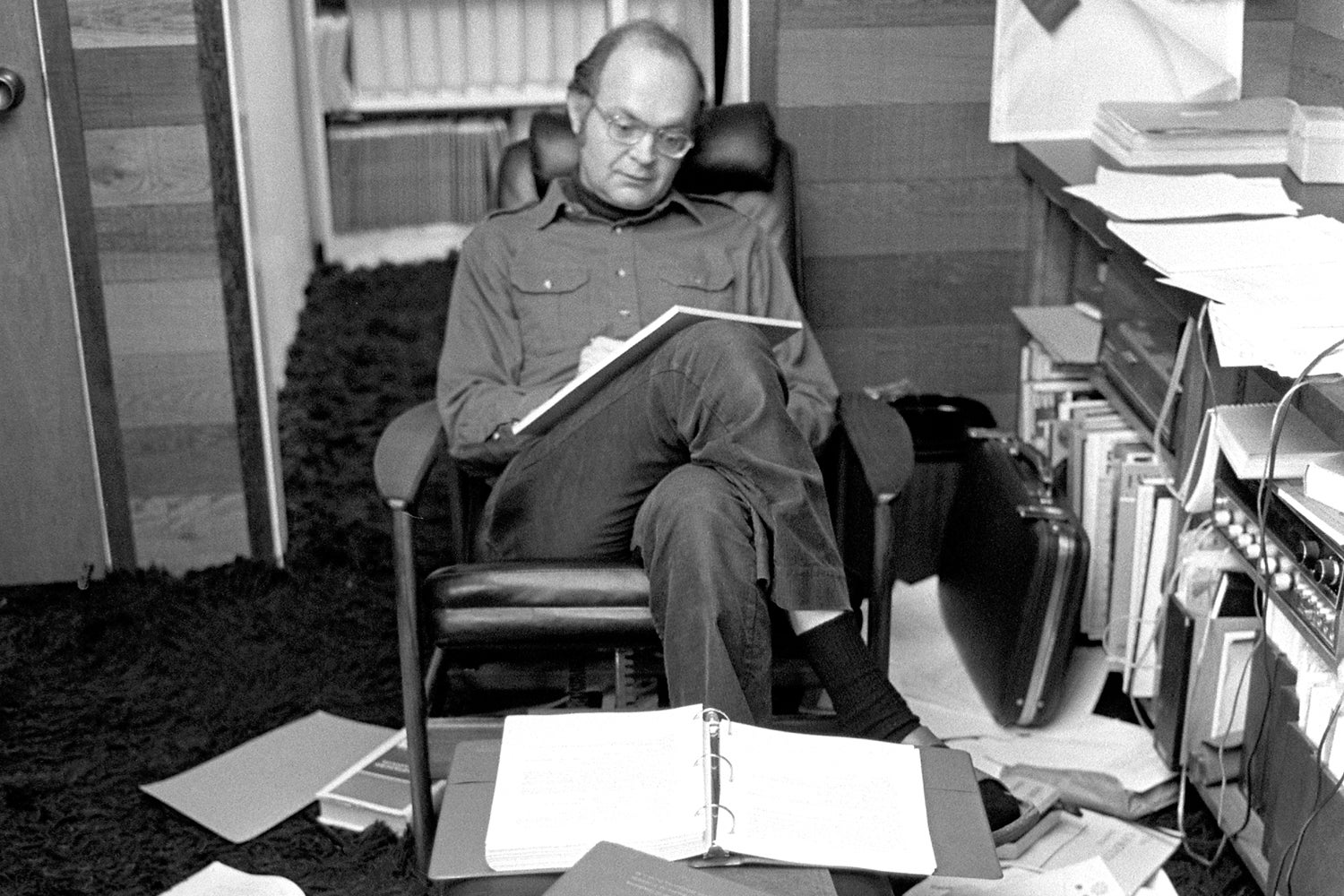On Work
[2024-07-07 15:35:33 +1000]
Birds of a feather flock together as the saying goes. Accordingly, being a programmer means that I know many other fellow programmers. Occasionally, one of them (be it a dear friend or a beloved acquaintance) will ask me how I go about conducting my particular flavour of "knowledge work". As much as I wince every time I use that term, it's useful: it's sufficiently general to cover non-programming work but not too general to include manual labour1. Anyway, this happens enough that I thought it warranted some extended prose.
All of work is divided into cycles. A cycle consists of 90 minutes of deep work followed immediately by 30 minutes of shallow work. These can each be concatenated into arbitrarily long sequences, up to the capability of the individual. The deep component of each cycle is for work that is important (whatever this means to you). Specifically, this work doesn't require any co-ordination. This is because it's imperative that deep work is entirely free of any distractions. Shallow work is for co-ordination: messages, emails, phone calls—those transient, cherished conversations with colleagues.
The duration of each cycle is, in large part, empirically informed. During my early undergraduate years, I had experimented with optimising my work: both the environment in which it takes place as well as its duration. In recent years, the proliferation of so-called biohacking has popularised this sort of grassroots experimentation and seems to have additionally supported this 90-minute figure (in particular, Andrew Huberman agrees with me[1]). Colloquially, this system may be known as 90 minute pomodoro; however, I consider this to be an approximation at best (although I've certainly resorted to its use before). Notably, this system departs from Cirillo's original technique[2] in two key ways: the specific values of the parameters and the lack of the concept of a set of pomodoros (recall that cycles can be strung together indefinitely).
Cycles are atomic; they cannot be divided. This, together with the multiplicative effect of the many participants, is why meetings are so expensive. Expensive things are not necessarily bad2 and meetings are no different; however, they often end up being deleterious to productivity. This is because the person capable of convening them rarely appreciates their true cost, considering them to be far cheaper than they really are.
The inherently disruptive nature of meetings weighed against their (conservative) necessity gives rise to the optimal work week. Monday through Thursday ought to be deep, while Fridays can be shallow (or even taken off). Deep days are for maximising the number of cycles completed, while shallow days are for meetings and more social activities. In the startup context, the social-cultural paradigm is, whilst grossly overdone, nonetheless deeply necessary. Isolating this to a single day vastly reduces the overhead of both meetings and any social events. In the case of remote work, these days can be leveraged for added quality of life tasks. If you're inclined towards working on supplementary work—overtime, side projects, research, professional development, etc.—then, if you have Fridays off, they can be an additional deep day (otherwise I find Saturdays work rather well for this, although perhaps in moderation).
With respect to the structure of an individual deep day, this is ultimately in the hands of the individual and is therefore nearly too specific to bother outlining here. At the same time, I'm asked this so much that I should prevail regardless. The central tenet here is to arrange the schedule of the day in order to maximise the number of cycles achieved. Something like the following, perhaps:
- Wake up, shower, take breakfast, etc.
- Likely a commute (for the at-home remote worker, perhaps cardio3 here in lieu of this)
- Ramp up; get organised and prepared to commence the first cycle of the day
- Cycle #1
- Cycle #2
- Lunch
- Cycle #3
- Cycle #4
- Strength training
- Dinner, shower, etc.
- Fin
I would personally estimate my cycle versus non-cycle productivity (that is, for the same time period) at anywhere from three to five times greater. Additionally, my intuition says this compounds with successive application. It therefore stands to reason that, if you can manage four cycles per day for four to five days each week, you could conquer a month's worth of productivity weekly. Consider as well that the bar for the average "knowledge worker" is comically low[3].
Ultimately, this entire worldview is predicated on the belief that quality vastly trumps quantity with respect to productivity. For success in this endeavour, seek to fervently beat back distractions and strive for consistency.
References
- Huberman Lab. The Ideal Length of Time for Focused Work (Sep. 11, 2022). Accessed Jul. 7, 2024. [Online video]. Available: https://www.youtube.com/watch?v=5HINgMMTzPE
- F. Cirillo. "The Pomodoro Technique". Cirillo Consulting GmbH. https://web.archive.org/web/20230331051358/https://francescocirillo.com/products/the-pomodoro-technique (accessed July 7, 2024).
- S. Ahrens [@summerahrens], "what's a fake email job and when can i start" X, Jan. 4 2024. Available: https://x.com/summerahrens/status/1742684012030628053
1: If you're looking for a guide on how to conduct manual labour, this essay will be a sore disappointment to you!
2: Often, they're very good!
3: There are many opinions one can have on when to do cardio and this essay is certainly not the place for any of them.